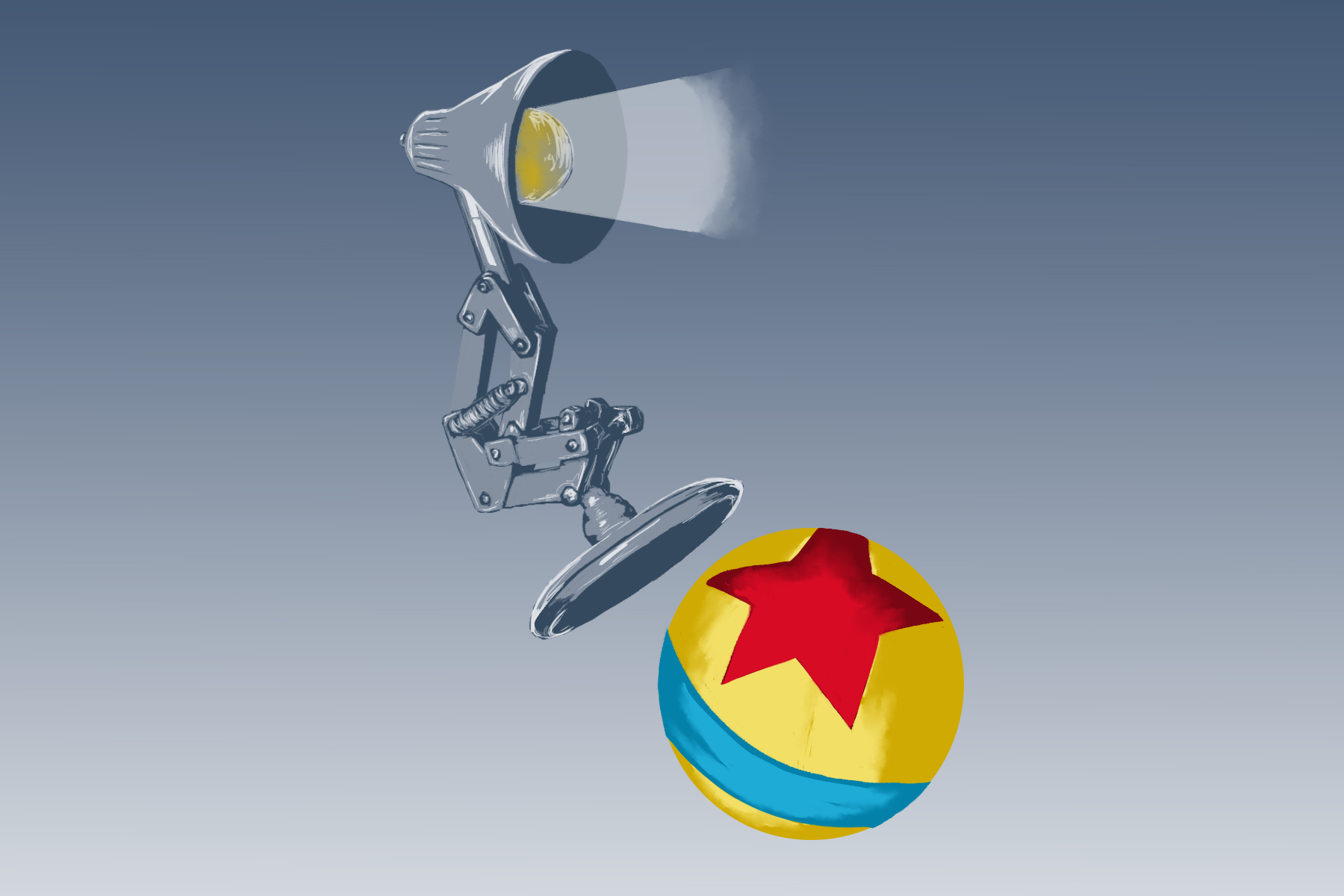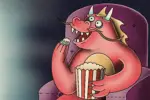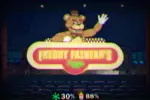“You see, the film is about life as seen from a toy’s perspective.”
That quote is the premise of “Toy Story” and its sequels, where toys are alive when we’re not looking. And it works. The reason it’s so effective is because, behind the spectacle of following the adventures of toys, the series addresses many personal conflicts we face in our everyday lives.
Early Existence and Delusion
When Buzz Lightyear is introduced in the first “Toy Story” film, he is unaware that he is a toy and instead believes that he is a real life space ranger. This leads us to believe that this is a normal phase every toy goes through, and the toys normally come to the truth of their existence on their own like Buzz did.
This is not unlike our own development through childhood where we are sheltered from many of the harsh realities of life and, more often than not, we grow out of these delusions through our experiences.
Society
The toys in “Toy Story” live a largely isolated life within the confines of Andy’s room and occasionally the rest of his house. While they don’t exactly have a government or an established law enforcement system like we do, the toys in Andy’s room do follow a leader: Sheriff Woody. Woody was presumably elected leader because he is Andy’s favorite toy — until Buzz comes along.
However, they do appear to have scheduled meetings, and things are expected of the toys. Most notably, having a moving buddy for the upcoming move.
Roles
A lot of the toys fit into the background and don’t have much of a purpose for operations in Andy’s room when he’s not around. The most significant role — aside from Woody being the leader — is played by the Green Army Men, who do a recon mission during Andy’s party; they give the toys in the room a report via a Playskool walkie-talkie about Andy’s new toys. This leads us into the threats that toys face and what the results can be.
Danger and Mortality
During the recon mission, Andy’s mom accidentally steps on one of the Green Army Men. The soldier is temporarily incapacitated, but the Sergeant refuses to leave him. As he is being carried to safety, a ball rolls down the hall toward the men, but they safely reach a plant where the injured soldier recovers.
This threat is treated similarly to the rolling boulder in “Raiders of The Lost Ark” and may have been intended as a subtle reference, but these incidents do serve to illustrate the danger the toys can be put in due to human activity.
It’s the toy equivalent of the natural disasters that humans face. Furthermore, it is quickly shown that the toys aren’t invincible and can die like humans do. Combat Carl, who was unfortunate enough to be found in the clutches of Andy’s neighbor Sid, was blown to bits with a stick of dynamite.
Jealousy
Buzz’s arrival in Andy’s room presents a problem for Woody. Woody is no longer Andy’s favorite. This is evidenced by the scene of Andy making carboard costumes of Buzz, and then seeing his bedroom transition from Woody to Buzz decorations.
The cherry on top of all this symbolism is when Buzz shows the other toys that Andy signed his name under his boot the same way he signed it under Woody’s.
Jealousy is common when people meet someone better than them, and this jealousy can lead to fear that they aren’t good enough and might be replaced.
Fear of Replacement
It isn’t just Andy who’s excited to have Buzz; the other toys are happy as well. Buzz shows off his high-quality soundbox, wings and his exceptional performance skills when he pretends to fly around Andy’s room. Well, technically it isn’t all a show. He does catch on to the hanging airplane on the ceiling before landing back on Andy’s bed.
That bit of theater inspires the toys to follow his directions to help repair his “ship.” This undermines Woody’s leadership with the toys, and it distracts the other toys who have yet to find a moving buddy.
Furthermore, because the toys are in awe of Buzz, Woody begins to face the same fear of being replaced that the other toys had the day of the party. Even Bo Peep, who Woody is in love with, joked that she found her moving buddy in Buzz. Although this is meant as a joke, such love triangles aren’t uncommon in the media.
Existential Conflict
The meaning of life is something that has been on everyone’s mind at some point, and Buzz found himself wondering the same thing by the end of “Toy Story.” Buzz’s discovery that he was a toy who couldn’t even fly out of the window shattered his self-confidence. Everything he did in life up until that point was a lie. Although this revelation is painful for Buzz, it opens the door for him to become friends with Woody.
Acceptance
When Buzz has the rocket strapped to him after Woody left him to brood, he confides in Woody that because he is a toy, he is insignificant. Having faced similar doubts about his role in Andy’s room, Woody tells Buzz that being a toy is important because Andy loves him. This reiterates the lesson that life is what we make of it. Through this experience, Woody becomes content being there for Andy no matter what he chooses.
In short, “Toy Story” is a prime example of Pixar’s ability to portray life in different perspectives. It uses the change of perspective as a veil to tackle real life problems, insecurities and experiences.
















